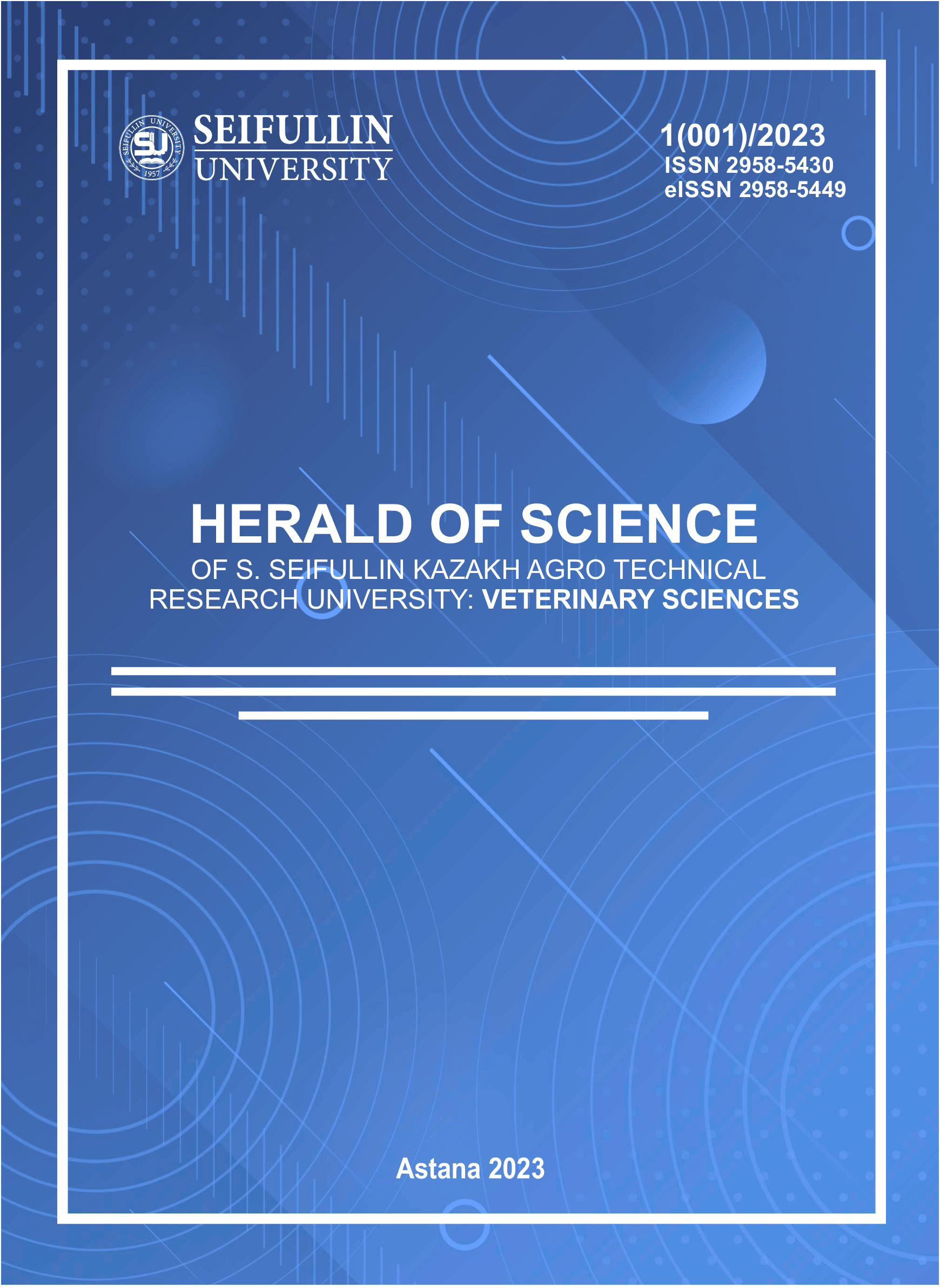SEARCH FOR THE THERAPEUTIC POTENTIAL OF BIOLOGICALLY ACTIVE SUBSTANCES CONTAINED IN CONIFEROUS PLANTS
DOI:
https://doi.org/10.51452/kazatuvc.2023.1(001).1349Ключевые слова:
coniferous plants; biologically active substances; phytochemical composition; antimicrobial properties; antiparasitic effect; bactericidal activity; therapeutic potential.Аннотация
The paper presents scientific information about the problems in the search for therapeutic potential in coniferous plants widely used in folk medicine. Samples of coniferous plants growing in the mountain forests of the Western Altai in the eastern part of Kazakhstan were selected for the experiment: Baltic pine (Pinus sylvestris L.), European spruce (Picea abies L.), Siberian fir (Abies sibírica), Siberian pine (Pinus sibirica DuTour), and common juniper (Juniperus communis L.). During the study, the phytochemical composition of the components of P. sylvestris L. essential oils was determined by the indicators of sesquiterpenic fraction (69.76%), terpenoids (20.0%), and monoterpenes (5.51%). Using modern methods of studying biological activity (antimicrobial, antifungal, and anthelmintic), the authors established the presence of biological activity in the extracts of selected coniferous plants. In all coniferous plants, bactericidal activity was manifested in water decoctions, where biological preparations of Siberian fir and Baltic pine were more active. The oil extracts showed less bactericidal activity. Among them, extracts of Siberian pine and juniper were inactive, and the extract of European spruce was more active in its native form and 1:2 dilution. Among plants with a complete absence of bactericidal activity against the Candida parapsilosis opportunistic yeast, Siberian fir should be named. In other coniferous plants (European spruce, Baltic pine, juniper), bactericidal activity was detected only in oil solutions in a dilution of 1:2, and oil extract of Siberian pine in a dilution of 1:8 had a suppressive effect. Water/alcohol tincture of Siberian fir was found to have high fungicidal activity against Aspergillusniger, which continued to influence the growth of the micromycete at a dilution of 1:64 during the observation period. The presence of antiparasitic properties was observed in some plant extracts of coniferous forest plants. The best results were noted in alcohol tinctures of Baltic pine, juniper, and Siberian pine.

